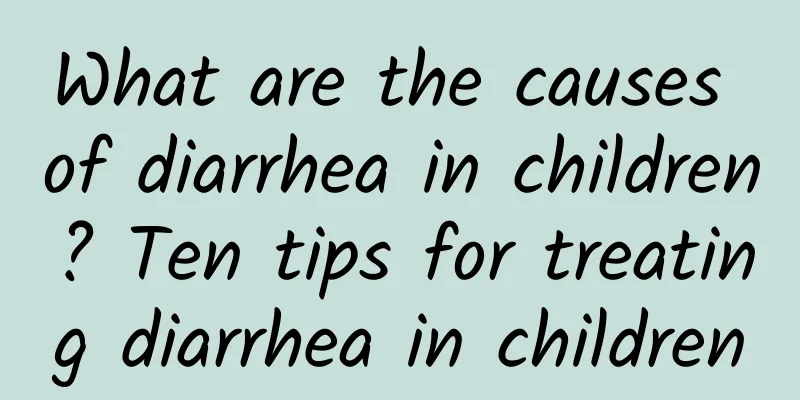What is hypothermia?

|
Hypothermia may sound scary, but it actually means that the core temperature of the human body drops below the normal range. Generally speaking, our body temperature is maintained at around 37 degrees Celsius, which is the most ideal temperature for the normal functioning of the body. However, when the core body temperature drops below 35 degrees Celsius, the human body enters a state called hypothermia. If this state is not treated in time, it may pose a serious threat to health and even endanger life. There are many reasons for hypothermia, the most common of which is prolonged exposure to cold, especially in humid and windy conditions. Imagine a cold winter night and you are not wearing enough warm clothing. The body loses more heat than it produces, which can lead to hypothermia. Hypothermia can also occur after an accidental fall into water, because water has a much higher thermal conductivity than air and will take away body temperature faster. There are also some other conditions, such as physical weakness, malnutrition, excessive drinking, etc., which can also increase the risk of hypothermia. Symptoms of hypothermia vary depending on the degree of drop in body temperature. In mild hypothermia, a person may feel cold, shiver, have cold hands and feet, and be slow to react. In moderate hypothermia, shivering may stop, consciousness may become blurred, and even hallucinations may occur. In severe hypothermia, the heartbeat and breathing become slow, and there may be loss of consciousness or even cardiac arrest. It sounds scary, but if we can recognize these symptoms in time and take appropriate measures, serious consequences can be effectively avoided. If you suspect someone is suffering from hypothermia, it is important to get them out of the cold as quickly as possible, put on dry clothing, and wrap their body, especially their head and torso, with warm items such as blankets. At the same time, you can give them warm drinks, but avoid alcohol and caffeine, as these will accelerate the loss of body heat. If the situation is serious, it is important to seek medical help. In cold seasons, the best way to prevent hypothermia is to keep warm. Wear several layers of clothing before going out, choose a windproof and waterproof jacket, and keep your body dry and warm. Remember, warmth is not only comfort, but also a kind of protection for health. I hope that through this information, everyone can better understand human hypothermia and take preventive measures in daily life. |
<<: Symptoms of hand, foot and mouth disease
>>: The pros and cons of fasting
Recommend
What to do if your baby has a stuffy nose? 9 effective ways to treat a stuffy nose in your baby
Babies have relatively poor resistance, so they a...
What are the symptoms of hand, foot and mouth disease in adults?
Symptoms of hand, foot and mouth disease in adult...
What examinations should be done before pediatric hernia surgery? What are the manifestations and symptoms of pediatric hernia?
Many parents do not know that they need to underg...
Is your child malnourished?
1. Mood changes A large amount of research data s...
How to treat cough caused by allergic rhinitis in babies
When babies have allergic rhinitis, it can cause ...
Early symptoms of hand, foot and mouth disease in infants
The initial symptoms of hand, foot and mouth dise...
Is chronic icteric hepatitis contagious?
Whether chronic icteric hepatitis is contagious d...
Treatment of late-stage kidney disease in children
Children are the future of the country. Whether c...
The four stages of pneumonia in children and their medication
Pediatric pneumonia can be divided into the conge...
Do you know some tips on the prevention and treatment of Kawasaki disease?
What are the basic knowledge about the prevention...
What are the common symptoms of acute laryngitis in children?
What are the common symptoms of acute laryngitis ...
What are the symptoms of Hirschsprung's disease in children?
Typical symptoms of Hirschsprung's disease in...
What are the causes of patent ductus arteriosus in newborn babies?
The causes of patent ductus arteriosus in newborn...
Is polio contagious?
Poliomyelitis is an infectious disease caused by ...
How much does it cost to test for acute laryngitis in children?
At present, the incidence of acute laryngitis in ...









